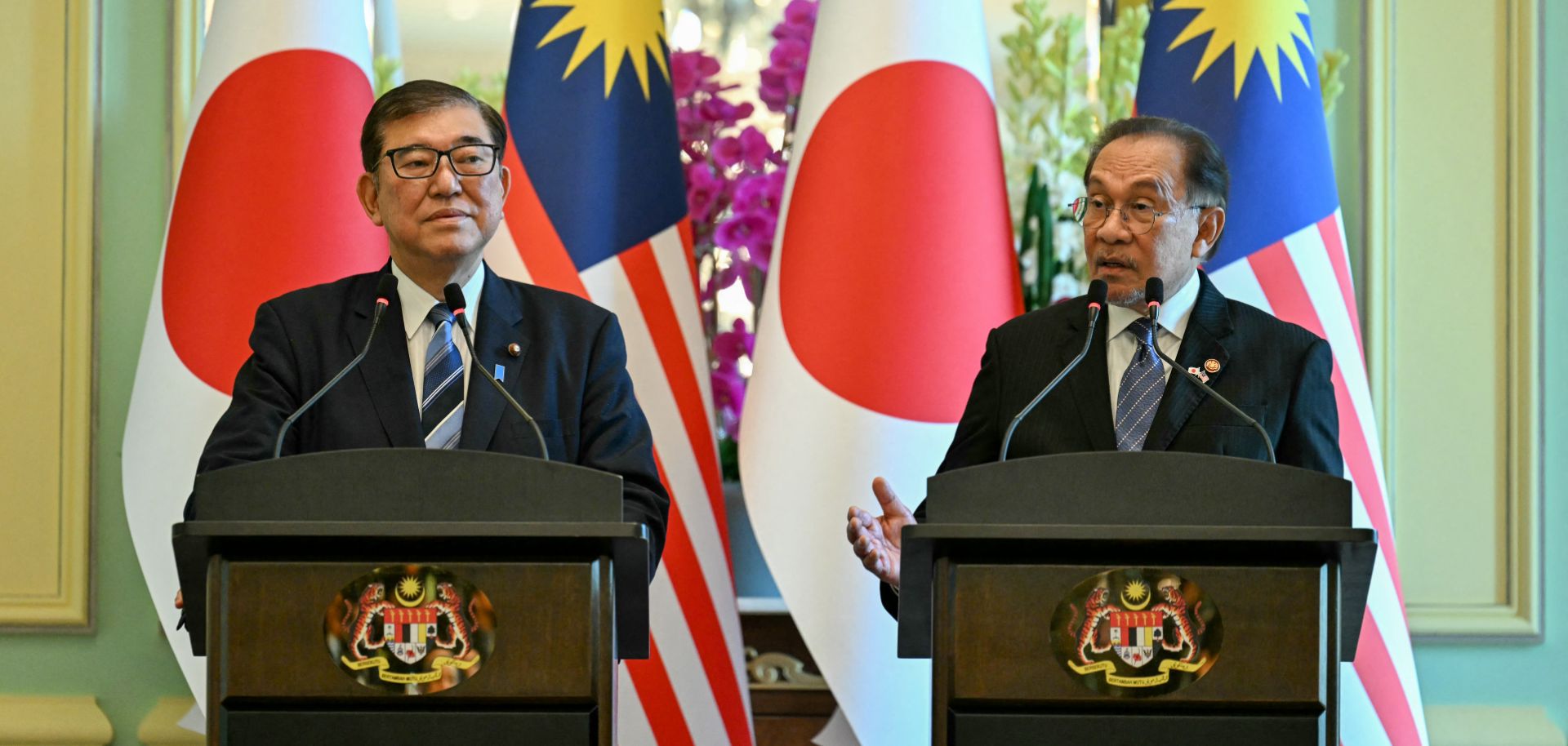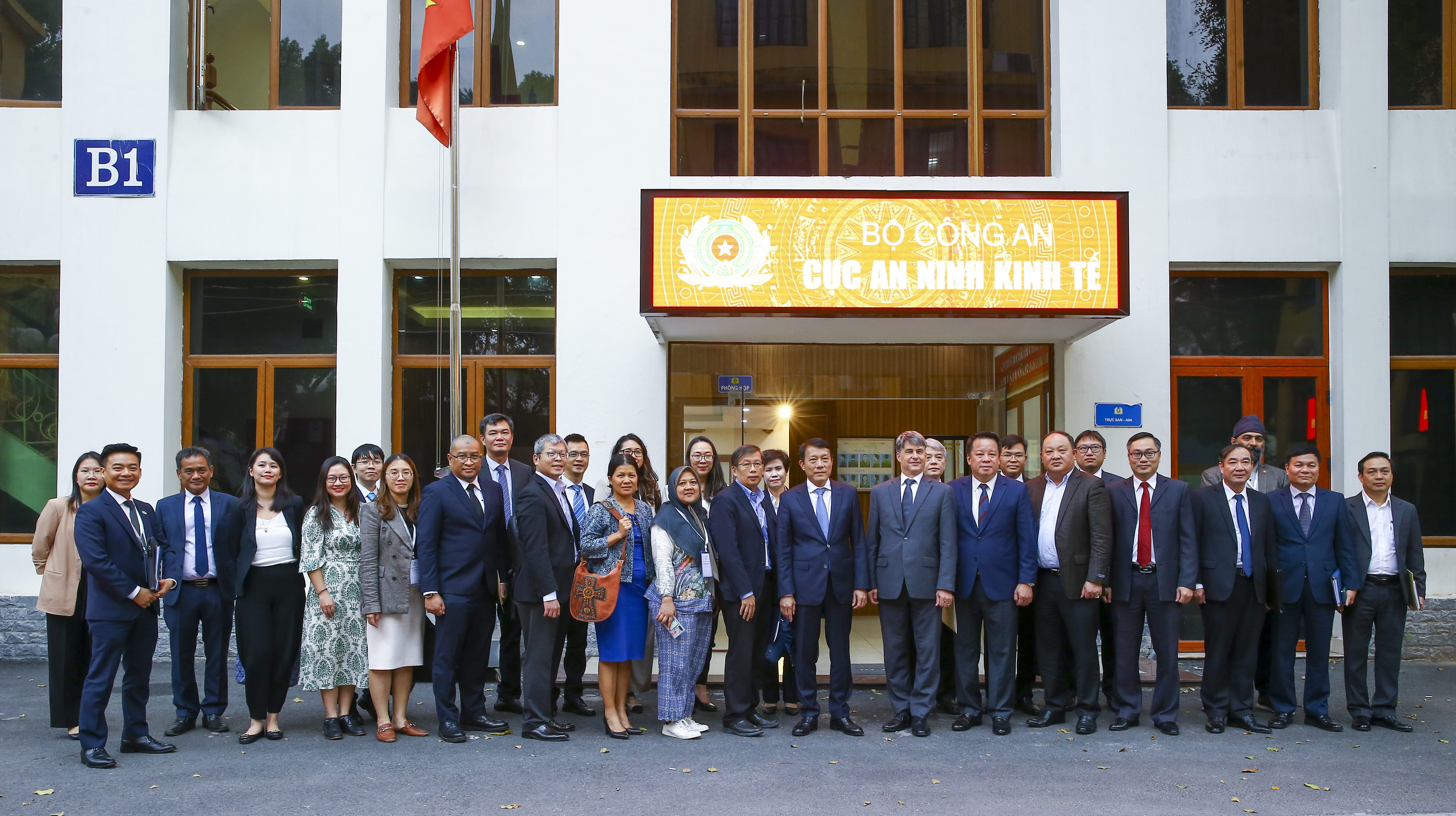Japanese and U.S. Expertise in Malaysian Energy Development

During the two-day visit to Malaysia by Japanese Prime Minister Shigeru Ishiba, the two countries formalized a series of energy agreements aimed at strengthening their bilateral partnership. These agreements include ensuring a stable supply of liquefied natural gas (LNG) from Malaysia to Japan and advancing joint development of carbon capture and storage (CCS) technologies.
Additionally, the partnership encompasses green energy projects such as ammonia power generation, ocean thermal energy conversion, and hydrogen energy solutions. This signals a shared commitment to energy transition and a shift towards future-focused energy cooperation, aligning with global trends in sustainability. It also lays the groundwork for enhanced Japanese investment in Malaysia’s energy sector, encouraging innovation and the joint pursuit of cutting-edge technologies.
The strengthened Malaysian-Japanese energy cooperation creates significantly increased industrial capacity and potential commercial opportunities that U.S. companies could benefit from. As Malaysia moves to enhance its energy infrastructure, consistent and reliable energy supplies will be critical to supporting the growth of its semiconductor and tech manufacturing industries—industries where U.S. firms have already established a presence. Additionally, U.S. companies specializing in carbon capture, hydrogen, or ammonia technologies could find new avenues for partnerships, leveraging Malaysia’s ambitions to become an energy and chip production hub for Southeast Asia.








